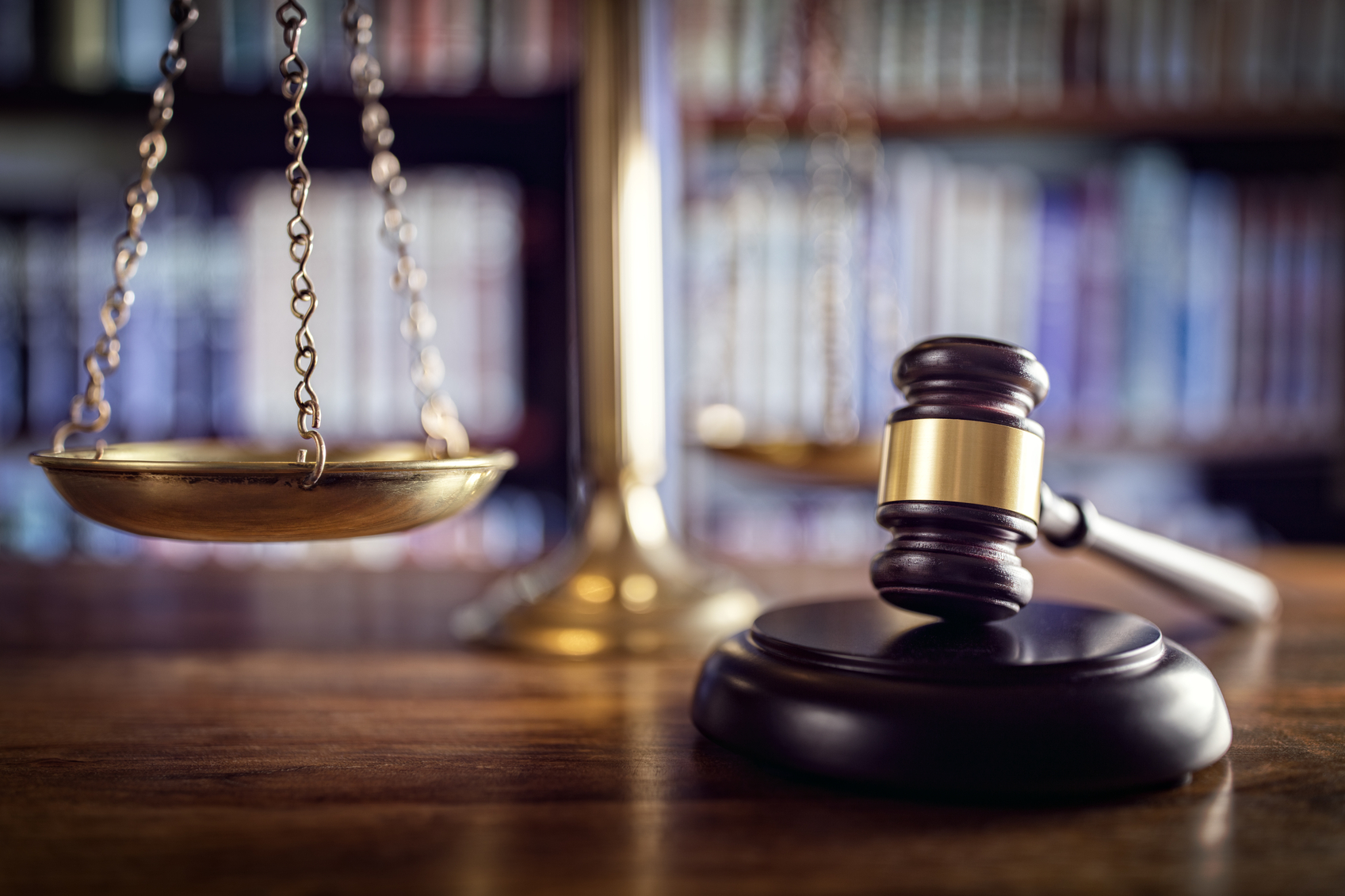Who Are the Plaintiffs and Defendants in Personal Injury Cases?
Perenich, Caulfield, Avril & Noyes Personal Injury Lawyers | Personal Injury

A personal injury case is a dispute between parties regarding an injury. Most personal injury cases filed in Florida are settled through mediation or private settlement negotiations.
However, the injured party may file a personal injury lawsuit if negotiations fail. The primary parties involved in a Florida personal injury lawsuit are the plaintiffs and the defendants.
Who Is the Plaintiff in a Personal Injury Lawsuit?
A plaintiff is the person who initiated (filed) the lawsuit. Plaintiffs in personal injury lawsuits are the parties who sustained injuries and damages.
Examples of plaintiffs in a personal injury lawsuit include, but are not limited to:
- Motorists, pedestrians, bicyclists, and passengers
- Construction workers and injured employees
- Family members of a deceased person
- A child injured in a school or playground accident
- Parties injured by a defective product
- Residents of a nursing home or long-term care facility
- Patients and their families
A personal injury lawsuit begins with filing a complaint in civil court.
Who Is the Defendant in a Personal Injury Lawsuit?
The defendant in a personal injury lawsuit is the party being accused of injuring the plaintiff. The defendant is the party being sued.
Examples of defendants in personal injury lawsuits include, but are not limited to:
- Construction accidents: Contractors, property owners, and subcontractors
- Motor vehicle accidents: Drivers, passengers, bicyclists, pedestrians, trucking companies, etc.
- Nursing home abuse cases: The operators and owners of the nursing home and staff members
- Product liability claims: Manufacturers, designers, marketing companies, distributors, sellers, etc.
- Medical malpractice claims: Physicians, hospitals, medical facilities, nurses, and other medical providers
- Dog bite cases: Dog owners, landlords, tenants, and property owners
- Premises liability claims: Property owners, businesses, landlords, and other parties who have control of the property
Any party responsible for causing the plaintiff’s injuries can be held liable for the economic and non-economic damages sustained by the plaintiff. However, the plaintiff has the burden of proving the legal elements required to prove liability. Many personal injury cases are based on negligence, but some cases could involve strict liability or intentional torts.
Government entities may be named as defendants in a lawsuit for negligence claims involving public property and government employees. However, filing a personal injury lawsuit against the government has special rules. If your case involves a government entity, you need to contact an experienced Florida personal injury lawyer immediately.
Other Parties Named as Plaintiffs or Defendants in a Florida Personal Injury Lawsuit
Sometimes, other parties will join or be brought into a personal injury lawsuit.
Potential parties who could be a part of your personal injury lawsuit include:
- Joiners are parties who join the lawsuit as a plaintiff because they allege they have a claim for damages because of the same circumstances the plaintiff is claiming.
- Intervention parties are parties who have a statutory right to join a lawsuit.
- Third-party defendants are sued by the defendant because the defendant alleges they are partially or wholly responsible for the plaintiff’s damages.
Third party defendants are probably the most common parties who join personal injury lawsuits. However, if any party enters your personal injury lawsuit, your Florida personal injury lawsuit can be impacted.
Basic Steps in a Personal Injury Lawsuit Filed in Florida
Each personal injury lawsuit is unique and moves along its own timeline. The steps involved in your lawsuit may differ from other lawsuits.
Most personal injury lawsuits filed in Florida include the following steps:
- The plaintiff files a complaint and serves it with a summons on the defendant
- The defendant has a specific deadline for filing and serving responsive pleadings
- The parties move into the discovery phase, where they continue to gather evidence, including exchanging information with each other
- The court encourages the parties in a lawsuit to engage in negotiations and alternative dispute resolution to settle the case
- If negotiations fail, the parties move forward with pre-trial motions to settle disputes related to the legal issues
- The trial involves opening statements, presenting evidence, and closing arguments
- The jurors deliberate in private to decide whether to enter a judgment for the plaintiff or the defendant
- A party may appeal the verdict, which could take a year or longer to resolve
The Florida statute of limitations sets deadlines for filing personal injury lawsuits. The court can dismiss lawsuits filed after the deadline. Therefore, seeking prompt legal advice from an experienced Florida personal injury attorney can help protect your right to pursue a claim in court.
Contact the St. Petersburg Personal Injury Law Firm Of Perenich, Caulfield, Avril & Noyes Personal Injury Lawyers for Help
For more information, please contact the Clearwater and St. Petersburg personal injury law firm of Perenich, Caulfield, Avril & Noyes Personal Injury Lawyers at the nearest location to schedule a free consultation today.
We serve in Pinellas County, and its surrounding areas:
Perenich, Caulfield, Avril & Noyes Personal Injury Lawyers – Clearwater
1875 N Belcher Rd. STE 201,
Clearwater, FL 33765,
United States
24 hours
727-796-8282
Perenich, Caulfield, Avril & Noyes Personal Injury Lawyers – St. Petersburg
2560 1st Ave S,
St. Petersburg, FL 33712,
United States
24 hours
(727) 349-1728
